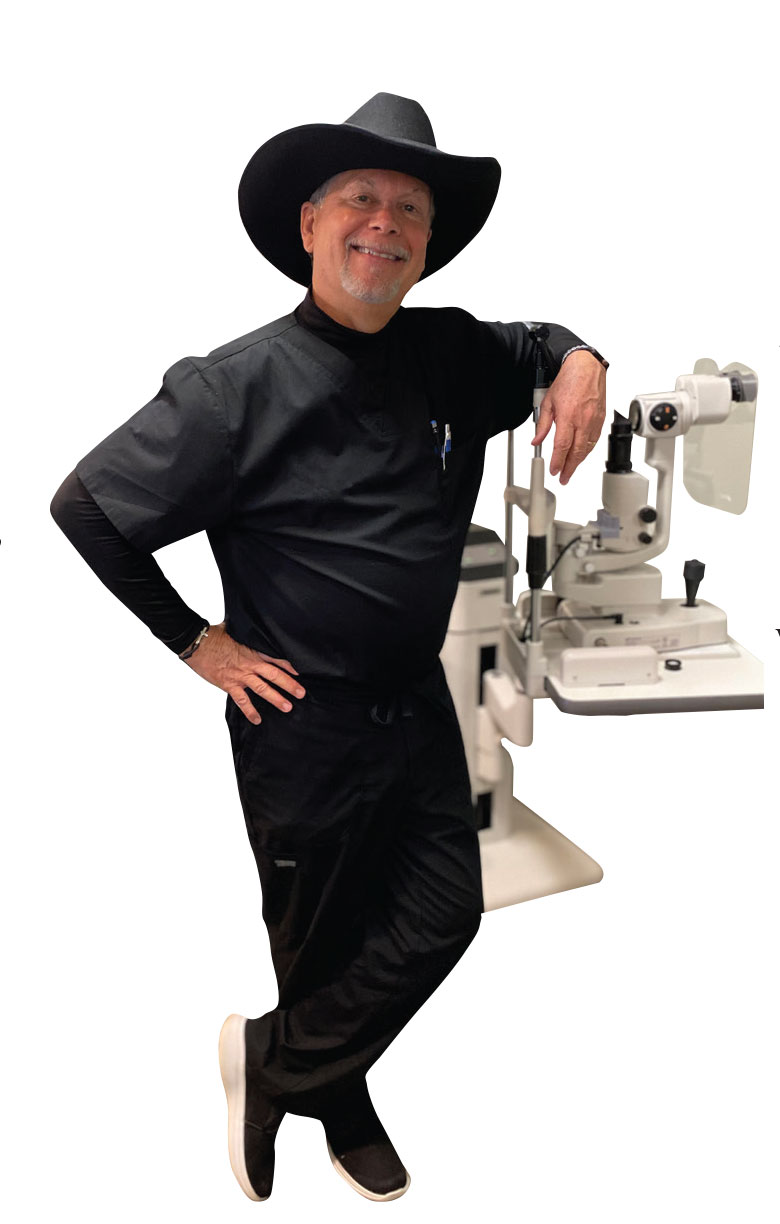 |
So, I’m in the hospital prepping for a little knee cleanout surgery. This was many years ago and all is well now (“assuming all is well” equals “my knee hurts”). The anesthesiologist came in with paperwork to review before he drugged me into submission. I kinda knew the guy, so I decided to mess with him. He said, “Monty, this is the informed consent for anesthesia and surgery. Just initial each page and sign and date the last page.”
He handed me a pen. I did note that the pen was “stolen” from the Charleston Marriott hotel. Hmm, wonder if he just went to a seminar on how to drug a fellow before knee surgery?
I started reading… every single word. That’s probably never happened to him and he looked a little (by which I mean, a lot) annoyed. This all came to a head when I asked, “What’s this line about there’s a 1:10,000 chance I may die?”
The anesthesiologist reacted just like any caring physician would. He declared emphatically, “JUST SIGN IT, MAN!” Fearing that he would photograph me with my pants down for his fake Facebook account, I did just that.
The informed consent is an important tool in the toolbox. It is designed to inform the patient about the medical procedure they are about to undergo and probably—mostly—to protect the doctor against that one in 10,000 “Wow! Didn’t see that coming… OK, bring in the next patient” moment.
 |
Optometry is not that great with the presentation of informed consent. If we were, nobody in their right mind would let their kid get contact lenses and dilation would disappear from our universe in total favor of widefield imaging, right?
Now, the government (you know, the folks who always do the right thing) is forcing LASIK providers to make the refractive surgery informed consent more accurately reflect the risks of this cosmetic procedure. I haven’t actually seen any significant post-LASIK complications in around 20 years. Oh, sure, there’s always the low to moderate myope who gets LASIK done at the age of 43 and now they have to wear glasses all day when they never used to. Best $4,000 they ever spent?
I am very proactive with my patients about refractive surgery. Since radial keratotomy was introduced, I have always discussed these procedures with every single one of my patients who come into my office, other than the 90-year-old post-cataract patients. My favorite line? “The only time LASIK stops the normal aging process is if it kills you.” To my knowledge, no one has ever died from LASIK. If they did, I would write a paper and get famous.
Of course, as mentioned above, maybe the anesthesia could kill you. That would suck.
Let’s all shore up our use of the informed consent, doctors. Here are some ideas:
Visual fields: “During the test, you may feel the urge to run screaming from the room.”
Gonioscopy: “If you jump backwards during the test, there will be a small surcharge for enucleation.”
Refraction: “Don’t blame the doctor if you chose number one instead of number two.”
Cell phones: “If your cell phone rings during the exam, for your privacy the doctor will leave the room for at least one to two hours.”
Crying child: “Melatonin is in the lollipop we will give your kid.”
Contact lens problems: “Then why didn’t you actually bring the lenses to this visit so we could figure out the issue?”
Fake eyelashes: “Who are you, Cardi B?”
Fake nails: “Good news. No lost contact lenses and also no conjunctiva.”
Let’s all get our informed consent stuff together before the government comes knocking on your door.
Dr. Vickers received his optometry degree from the Pennsylvania College of Optometry in 1979 and was clinical director at Vision Associates in St. Albans, WV, for 36 years. He is now in private practice in Dallas, where he continues to practice full-scope optometry. He has no financial interests to disclose.

